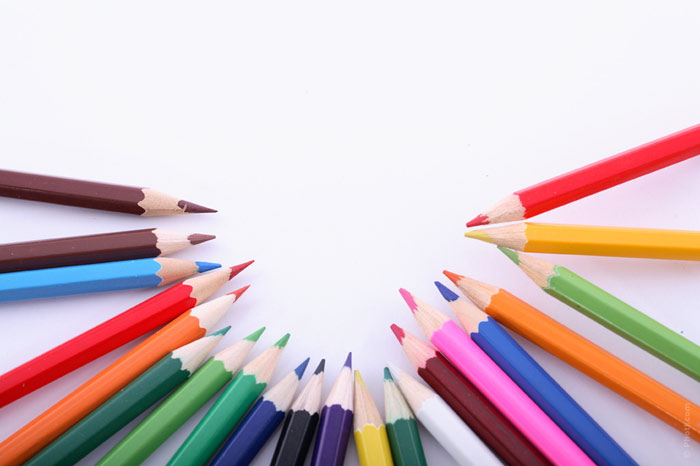Why Does Your Kid Lose Things?
“Where is the other half of the details from the kit?” – “I do not know.” “Why do you have no eraser in the pencil-box?” – “I have lost it somewhere.” “Where are all the crayons?” – “I’ve lost them.” The things seem to be hiding from your child. And you want to see the kid concentrated and neat.

Start with yourself
Be honest: how often do you run around the house, panic-stricken and questioning other occupants of the house where your bag is? You may also ask if anyone saw your glasses. Will you find the necessary documents or receipts in a matter of five minutes? Don’t you forget to put the butter in the refrigerator? Don’t you keep your hairbrush on a bookshelf, and your mobile phone – on the washing machine? Alas, forgetful and scattered parents give birth to the same children; there are exceptions, but they are not numerous. It is better to learn to put things into the proper place when you already have a family. If you consider working to improve yourself unnecessary, do not criticize the child for leaving the school uniform somewhere.
A “smart” house
The great thing is the organization of space. The desk drawer can be filled with notebooks, the other one will provide you with pens or pencils. This shelf is for cardboard and paper, the next one is for glue and paints. If we take something from a place, we go back and return it there. You can even sign all these drawers and shelves – in case the child has doubts as to what the drawer contains. It is both comfortable and easy to live in an ordered space. How can you find the right book when they all are piled on the desk!
Attention, attention!
If a child does not demonstrate good attention, of course, it is extremely difficult to remember where he/she put the ruler and where the kid left a toy. It was simply dropped and then forgotten. Fortunately, there are a lot of games designed to develop attention. “What’s gone?”, “Repeat the contrary,” “I know the names of five girls’, as well as the famous Memories – the Internet is crammed with them. Surely you will find something to your liking.
By yourself! Do everything by yourself!
Gathering the schoolbag in the evening, you can pack the child’s things right up to the final grade. I bet he will not resist the strong will: if it is bad – Mom will find out whether you have put textbooks and notebooks! Besides, you do not have to remember where they are and what lessons you have tomorrow.
It is much more difficult to teach a child to do it individually. The child must put everything in the schoolbag, prepare clothes for the next day, and see if there is money for a snack. Put the unnecessary textbooks on the shelves. First, under the watchful mother’s control, then under her waning parental control, and then the child should do this by himself/herself.
Punishment
Sometimes sympathy or even the lack of response is the best punishment for the lost thing. Do not run immediately to buy the same thing in the store. This will teach the child nothing. He/she will know if anything is lost, mom or dad will always buy the new thing. So why keep track of things, if there is no incentive?
Why is sympathy needed? Because if your child values something and has lost it, then he/she will feel sad as he will not be able to use it again. And if the lost thing is not just a ball or a toy, but a favorite scooter or even a tablet, this can be a positive stress for your child – even though it may sound cruel. This situation will be imprinted in the child’s memory, even if you are not too harsh about it. In the future, it will be possible to remind your child about the case from time to time, to motivate him/her to watch the belongings. Otherwise he will lose them, just as it has happened with the very expensive thing.
We are looking for the cause
If your kid just does not get enough attention or skills to put things in their place and easily find them – this is easily fixed. No child is born “all-knowing and capable”; all children learn gradually – and all have different rates; there is nothing terrible in this.
Another situation is if the child loses things on purpose. Such cases are not uncommon, especially when children throw notebooks with the hated math behind the dresser. Or if they purposely leave sneakers and uniform in the school corridor hoping that they will not have to go to the terrible physical education after this. Keep an eye on them, often talk with your children about school, and such things will not take you off guard.
